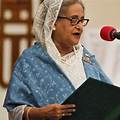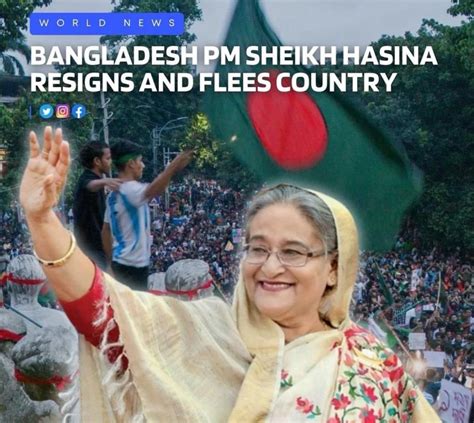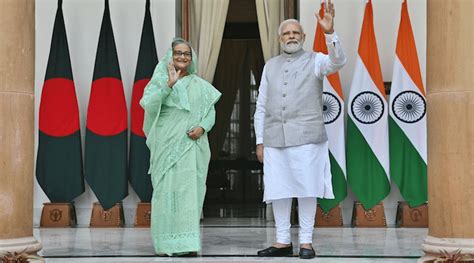
India's Hasina Dilemma: Extradition, Diplomacy, and Death Penalty
The Fall of a Leader and the Exile to India
Sheikh Hasina, once Bangladesh's longest-serving prime minister and a key regional ally, now finds herself in exile in New Delhi, facing a death sentence handed down by her home country. Her dramatic fall from power began in July 2024 when student-led protests over civil service job quotas erupted into a nationwide uprising. The subsequent crackdown by her security forces left an estimated 1,400 dead, according to the UN, and ultimately forced her to flee to India on August 5, 2024.
Hasina's journey is one of Shakespearean proportions. The daughter of Bangladesh's founding father, Sheikh Mujibur Rahman, she witnessed her father's assassination in a 1975 military coup and spent years in exile in India. Her return to power in 2008 marked an era of economic growth but also increasing authoritarianism. For 15 years, she ruled with an iron fist, becoming a crucial partner for India in terms of security and regional stability.

A Death Sentence in Absentia
In a landmark ruling, Bangladesh's International Crimes Tribunal found Hasina guilty of crimes against humanity for her role in the suppression of the 2024 protests. The tribunal sentenced her to death in absentia, charging her with ordering the killing of demonstrators, the use of lethal force, and inciting murder. The verdict was met with applause in the courtroom, with victims' families demanding to see her hanged.
"She had to flee the country to flee the rage of the people. Hiding in India and handed down a death penalty. It's quite an extraordinary story." - Mubashar Hasan, Bangladeshi political scientist
India's Unenviable Position
India now holds the fate of its one-time closest regional ally in its hands. Dhaka has repeatedly demanded Hasina's extradition, citing an existing extradition treaty. However, India has shown no inclination to comply. The Indian government has maintained a neutral stance, stating it has "noted the verdict" and will "engage constructively with all stakeholders."
Analysts believe India has four options, all unappealing: extradite Hasina, maintain the status quo, pressure her to stay silent, or find a third country to take her. Extradition is considered unthinkable by many in India's political establishment, which views Hasina as a friend. "India prides itself on not turning on its friends," says Michael Kugelman, a South Asia expert.
Moreover, India argues that the charges against Hasina are of a political character, which is an exception in the extradition treaty. As Sanjay Bhardwaj, a professor at Jawaharlal Nehru University, explains, "India understands this to be political vindictiveness of the ruling political forces in Bangladesh."

The Fraying of a Key Relationship
The Hasina crisis has put a significant strain on India-Bangladesh ties. Bangladesh, India's biggest trading partner in South Asia, is now attempting to "de-Indianise" its foreign policy. The interim government, led by Nobel laureate Muhammad Yunus, has cancelled judicial exchanges, renegotiated energy deals, and sought partnerships with China, Pakistan, and Turkey.
Public sentiment in Bangladesh has also soured. A recent survey found that only 11% of Bangladeshis view ties with India positively, compared to 75% who see Beijing favorably. Many blame India for supporting Hasina during her increasingly authoritarian years.
For India, the stakes are high. Bangladesh is vital for India's security, counter-terrorism efforts, and access to its northeastern states. A 4,096 km border shared makes domestic turmoil in Bangladesh a direct concern. "India should not be in a hurry," says Avinash Paliwal of SOAS University. "The path forward requires quiet, patient engagement."
What Lies Ahead?
Bangladesh is due to hold elections in February 2026. India hopes an elected government will provide a fresh start. However, until then, the relationship will likely remain turbulent. India is walking a tightrope between its strategic interests and its democratic values, all while managing the fallout from its long embrace of a leader now condemned by her own people.
As Shima Akhter, a student protester whose friends were killed in the crackdown, told Al Jazeera: "We want to see her hanged here in Dhaka!" But for now, Hasina remains in India, and the diplomatic standoff continues.
Share this article
Alex Green
Lifestyle blogger covering modern living, personal growth, and cultural trends.